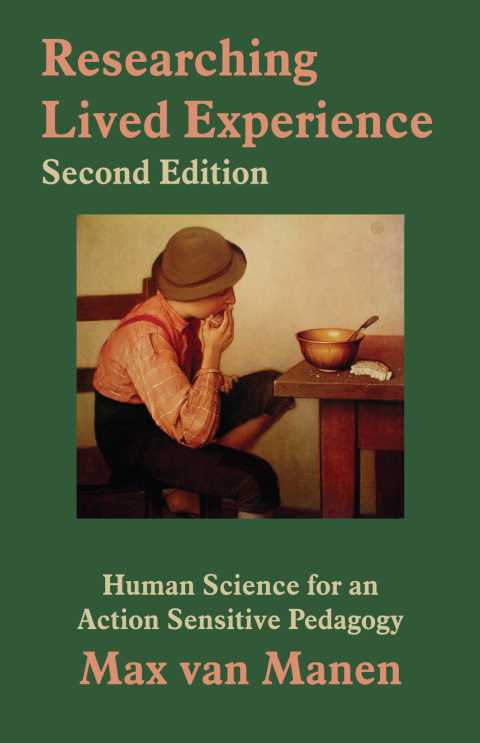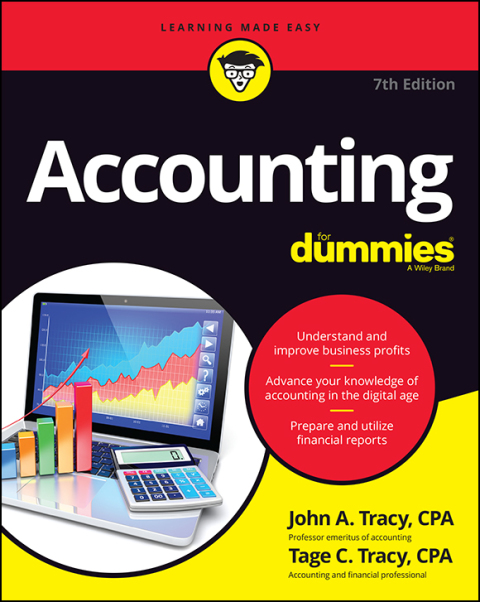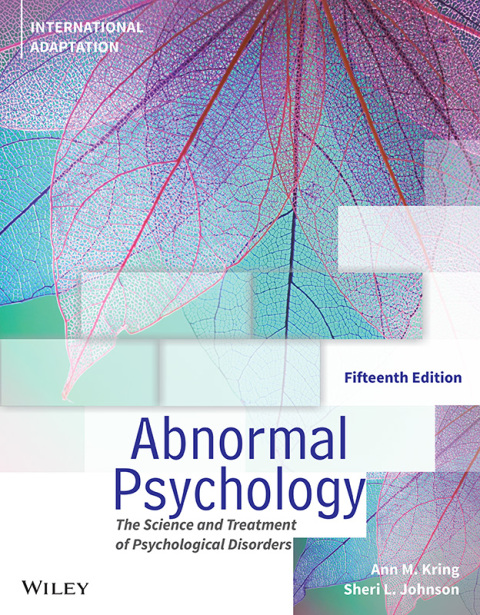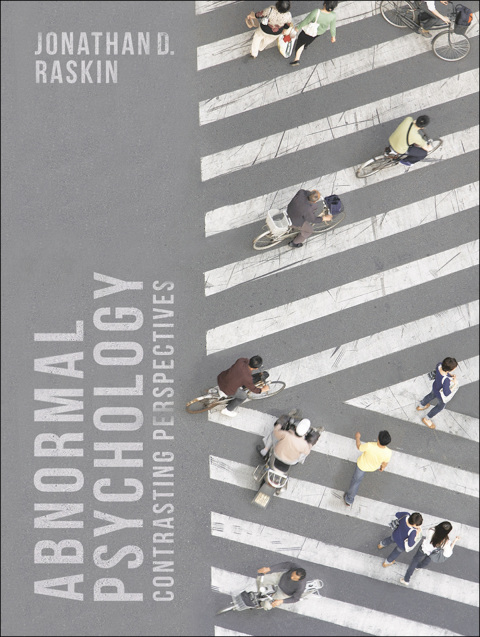Description
Efnisyfirlit
- Cover Page
- Half-Title Page
- Title Page
- Copyright Page
- Dedication
- Table of Contents
- Preface
- Preface to the 2nd Edition
- 1 Human Science
- Introduction
- Why Do Human Science Research?
- What Is a Hermeneutic Phenomenological Human Science?
- What Does it Mean to Be Rational?
- What a Human Science Cannot Do
- Description or Interpretation?
- Research – Procedures, Techniques, and Methods
- Methodical Structure of Human Science Research
- 2 Turning to the Nature of Lived Experience
- The Nature of Lived Experience
- Orienting to the Phenomenon
- Formulating the Phenomenological Question
- Explicating Assumptions and Pre-understandings
- 3 Investigating Experience as We Live It
- The Nature of Data (datum: thing given or granted)
- Using Personal Experience as a Starting Point
- Tracing Etymological Sources
- Searching Idiomatic Phrases
- Obtaining Experiential Descriptions from Others
- Protocol Writing (lived–experience descriptions)
- Interviewing (the personal life story)
- Observing (the experiential anecdote)
- Experiential Descriptions in Literature
- Biography as a Resource for Experiential Material
- Diaries, Journals, and Logs as Sources of Lived Experiences
- Art as a Source of Lived Experience
- Consulting Phenomenological Literature
- 4 Hermeneutic Phenomenological Reflection
- Conducting Thematic Analysis
- Situations
- Seeking Meaning
- What Is a Theme?
- The Pedagogy of Theme
- Uncovering Thematic Aspects
- Isolating Thematic Statements
- Composing Linguistic Transformations
- Gleaning Thematic Descriptions from Artistic Sources
- Interpretation through Conversation
- Collaborative Analysis: The Research Seminar/Group
- Lifeworld Existentials as Guides to Reflection
- Determining Incidental and Essential Themes
- 5 Hermeneutic Phenomenological Writing
- Attending to the Speaking of Language
- Silence–the Limits and Power of Language
- Anecdote as a Methodological Device
- The Value of Anecdotal Narrative
- Varying the Examples
- Writing Mediates Reflection and Action
- To Write is to Measure Our Thoughtfulness
- Writing Exercises the Ability to See
- To Write is to Show Something
- To Write is to Rewrite
- 6 Maintaining a Strong and Oriented Relation
- The Relation Between Research/Writing and Pedagogy
- On the Ineffability of Pedagogy
- “Seeing” Pedagogy
- The Pedagogic Practice of Textuality
- Human Science as Critically Oriented Action Research
- Action Sensitive Knowledge Leads to Pedagogic Competence
- 7 Balancing the Research Context by Considering Parts and Whole
- The Research Proposal
- Effects and Ethics of Human Science Research
- Plan and Context of a Research Project
- Working the Text
- Glossary
- Bibliography
- Index






Reviews
There are no reviews yet.